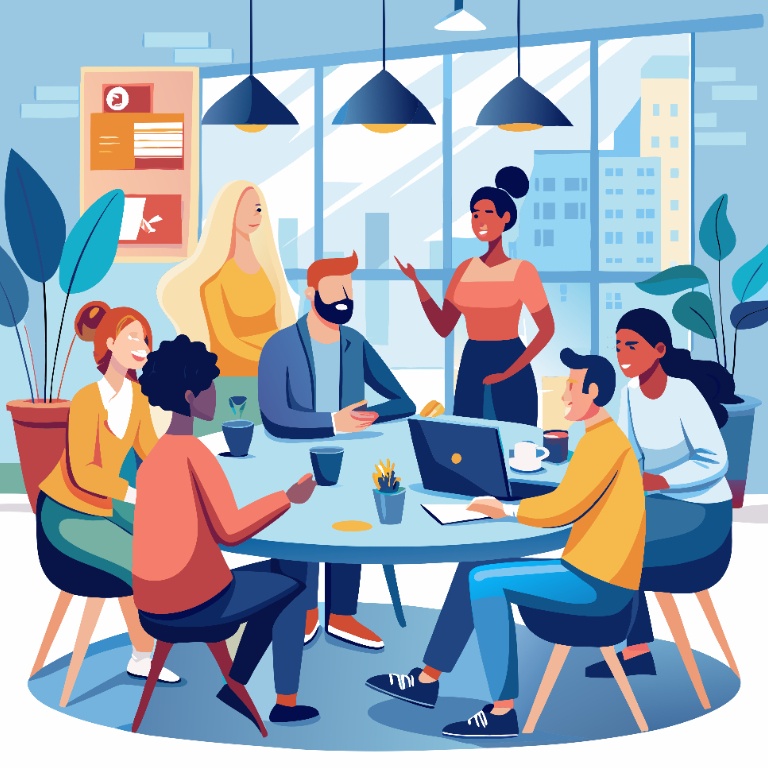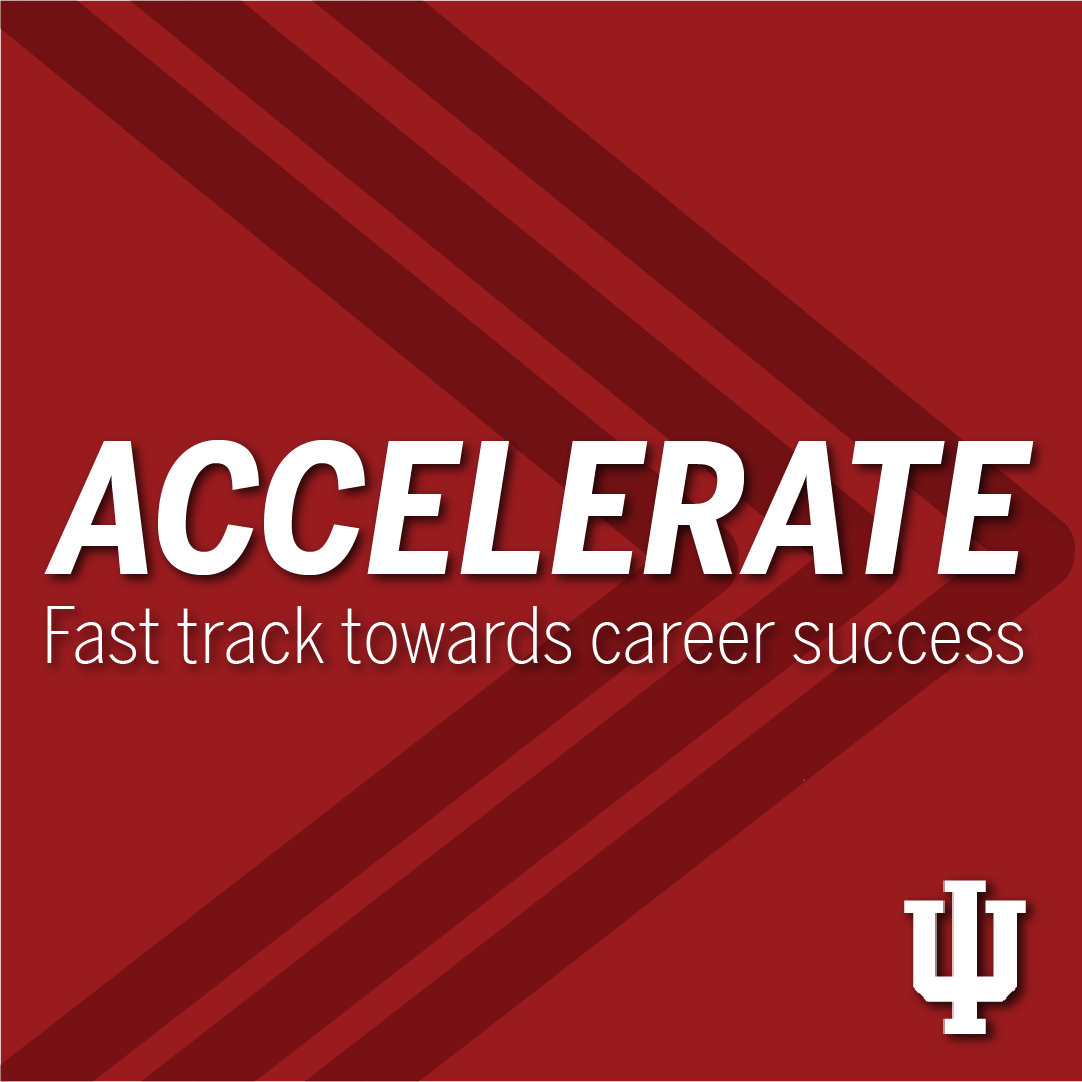Career Exploration & Student Employment is here to support and empower all students through the career development process. We have curated some resources tailored to specific student populations and hope these resources help you learn more about employment opportunities available to you.
Employment resources for specific student groups

Jump to...
Asian American/Pacific Islander Students
Black/African American Students
DACA & Undocumented Students
First-Generation Students
International Students
Latine Students
LGBTQ+ Students
Native American/Indigenous Students
Students with Disabilities
Neurodiverse Students
Veterans and Military Connected
Women
Resources for Multiple Student Groups
Looking for career-related events? Check out Accelerate!

Accelerate is a series of career-related events hosted by Career Exploration & Student Employment, in partnership with campus offices such as 21st Century Scholars, GROUPS, Accessible Educational Services, and the Center for Veterans & Military Students. These events focus on exploring your future direction and career ideas, finding ways to build experience, and polishing your professional skills to fast track you towards career success.
Bonus: you will meet other IU students and alumni along the way!
Learn more about Accelerate events

